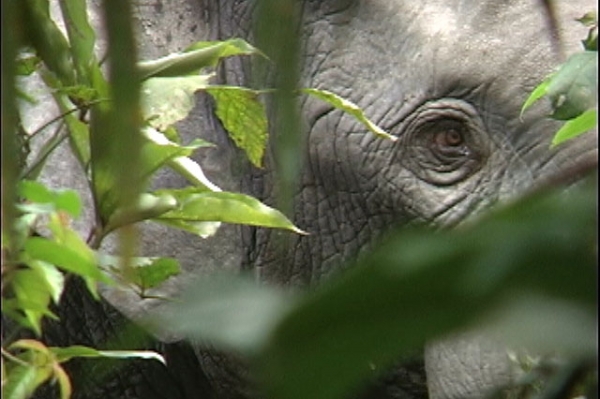Researchers discover elephant extinction could have major impact on atmospheric carbon levels.
In findings published in Proceedings of the National Academy of Sciences (PNAS), Saint Louis University researchers and colleagues report that elephants play a key role in creating forests which store more atmospheric carbon and maintaining the biodiversity of forests in Africa. If the already critically endangered elephants become extinct, rainforest of central and west Africa, the second largest rainforest on earth, would gradually lose between six and nine percent of their ability to capture atmospheric carbon, amplifying planetary warming.
Assistant professor of biology at Saint Louis University and senior author on the paper Stephen Blake, Ph.D., has spent much of his career dedicated to studying elephants. In the current paper, Blake, lead author Fabio Berzaghi at the Laboratory of Climate and Environmental Sciences (France) at the time of the study and colleagues document exactly how the ecology of megaherbivores has such a strong influence on carbon retention in African rainforests.
“Elephants have been hunted by humans for millennia,” Blake said. “As a result, African forest elephants are critically endangered. The argument that everybody loves elephants hasn’t raised sufficient support to stop the killing. Shifting the argument for elephant conservation toward the role forest elephants play in maintaining the biodiversity of the forest, that losing elephants would mean losing forest biodiversity, hasn’t worked either, as numbers continue to fall. We can now add the robust conclusion that if we lose forest elephants, we will be doing a global disservice to climate change mitigation. The importance of forest elephants for climate mitigation must be taken seriously by policy makers to generate the support needed for elephant conservation. The role of forest elephants in our global environment is too important to ignore.”
Read more at Saint Louis University
Image: An elephant looks into the camera as it moves through the rainforest. (Photo by Stephen Blake, Ph.D.)


